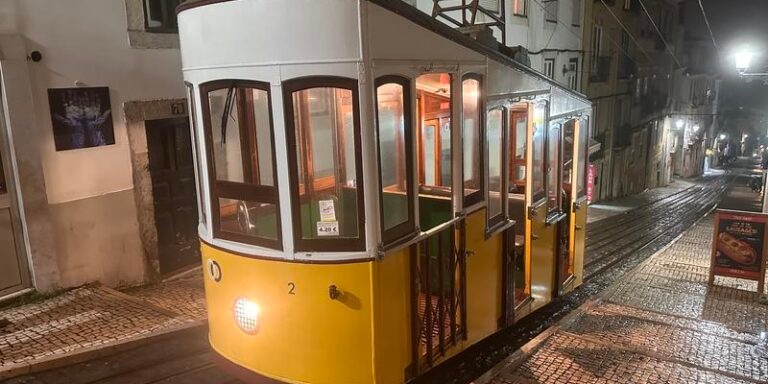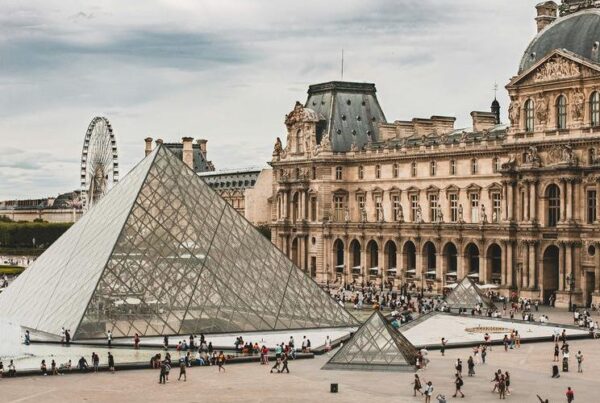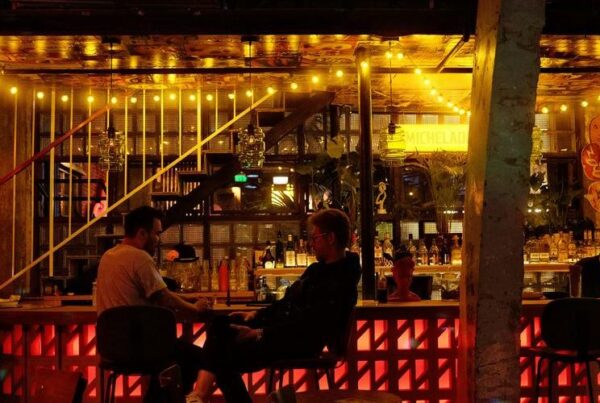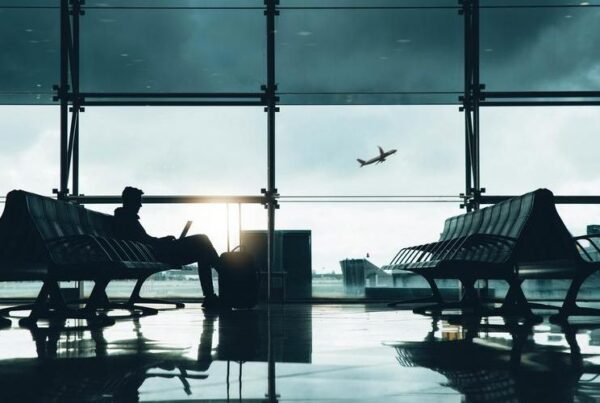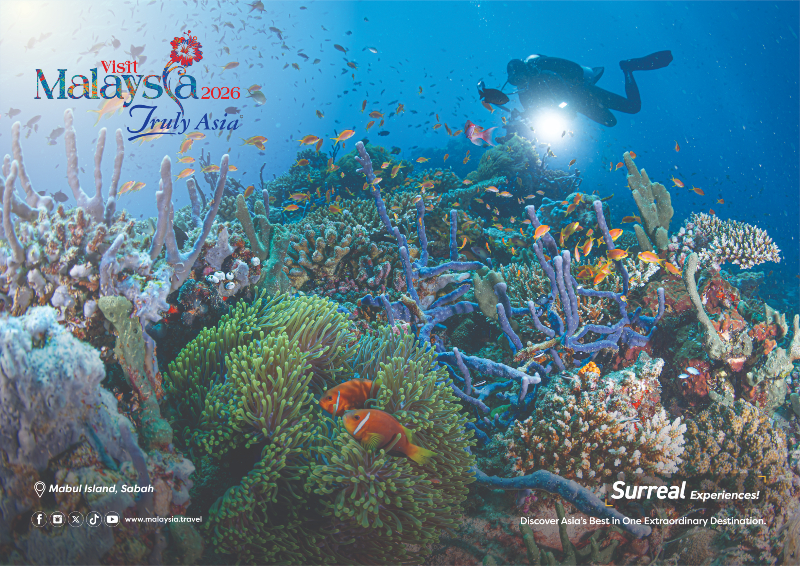Lisbon is in mourning following a tragic accident on one of its most iconic tourist attractions, the Ascensor da Glória funicular, which derailed on 3 September and crashed into a building near Restauradores Square.
Sixteen people have been confirmed dead and more than 20 injured, including both Portuguese residents and international visitors.
Authorities believe a cable failure caused the carriage to speed downhill uncontrollably during the evening rush hour.
A full investigation is now underway, with Portugal’s Office for the Prevention and Investigation of Accidents in Civil Aviation and Rail leading the inquiry. Operator Carris confirmed the funicular had undergone regular servicing, most recently in 2024, but union representatives had raised concerns over braking performance and cable tension in the months prior to the crash.
The Portuguese Government declared a national day of mourning, while Lisbon’s city council has announced three days of municipal mourning. Prime Minister Luís Montenegro said the country would “ensure full transparency” in uncovering the cause of the disaster and pledged support for the victims’ families.
As a precaution, all three of Lisbon’s funiculars – Glória, Bica, and Lavra – have been suspended until safety checks are complete. The city’s famous yellow trams, modern metro system, taxis and tuk-tuks continue to operate as normal, ensuring visitors still have ample ways to explore the Portuguese capital.
Lisbon’s funiculars, first built in the late 19th century, are more than just transport links; they are UNESCO-recognised heritage symbols and a central part of the city’s tourism identity. Each year they carry thousands of visitors to viewpoints and districts that define Lisbon’s appeal, including the Bairro Alto nightlife precinct and the historic downtown.
The tragedy has shocked Portugal and the wider tourism community. Carris has reiterated its commitment to cooperate fully with investigators, while unions are calling for further scrutiny of maintenance records and safety protocols. The outcome of the investigation is expected to guide how Lisbon balances the preservation of historic attractions with the need for modern safety standards.
Lisbon remains a safe and welcoming destination, with a broad range of attractions, cultural sites, and alternative modes of transport available for travellers.
Related Story: Why A Rainy Lisbon Might Be The Perfect Lisbon
